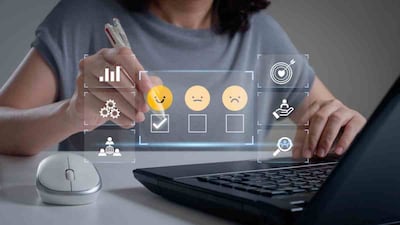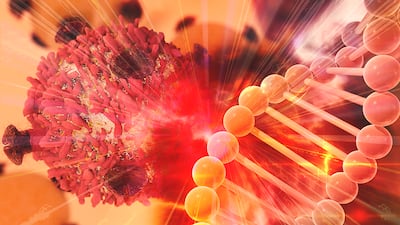It's not often that medical technology companies develop a device with the potential of a pharmaceutical blockbuster. But for much of the last couple of years, that's precisely what executives at Houston-based Cyberonics Inc. felt confident they had, with an expansion of their vagus-nerve stimulation (VNS) technology, currently used in epilepsy, into the field of depression. (See "Cyberonics and Depression's Happy Face," IN VIVO, November 2003 Also see "Cyberonics and Depression's Happy Face" - In Vivo, 1 November, 2003..) Indeed, Cyberonics officials last year predicted that the depression application of their technology alone could account for more than $300 million in annual in sales within three years and $1 billion by ten years post-launch.
But those plans were dealt a serious setback this month when the FDA refused to follow a panel recommendation to...







